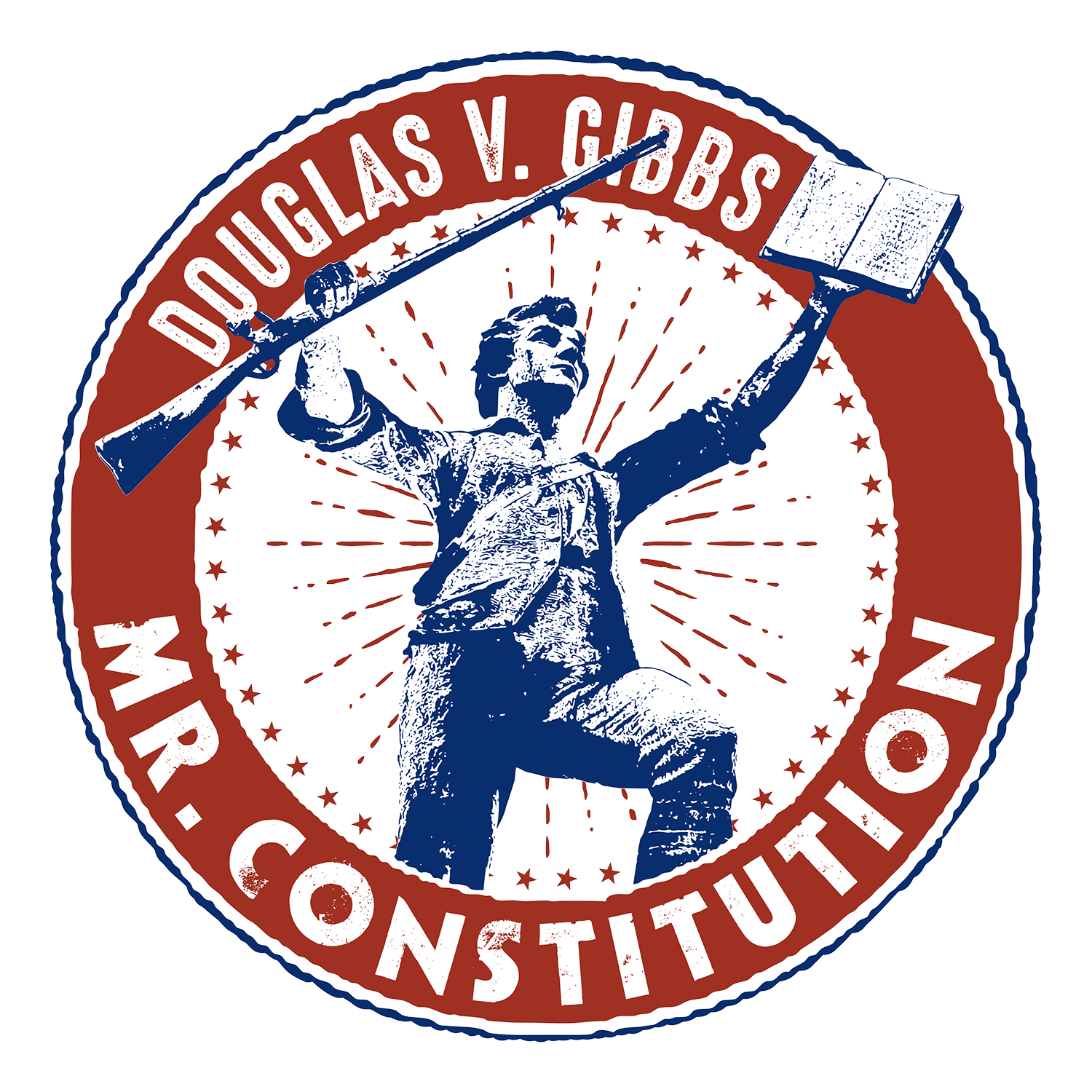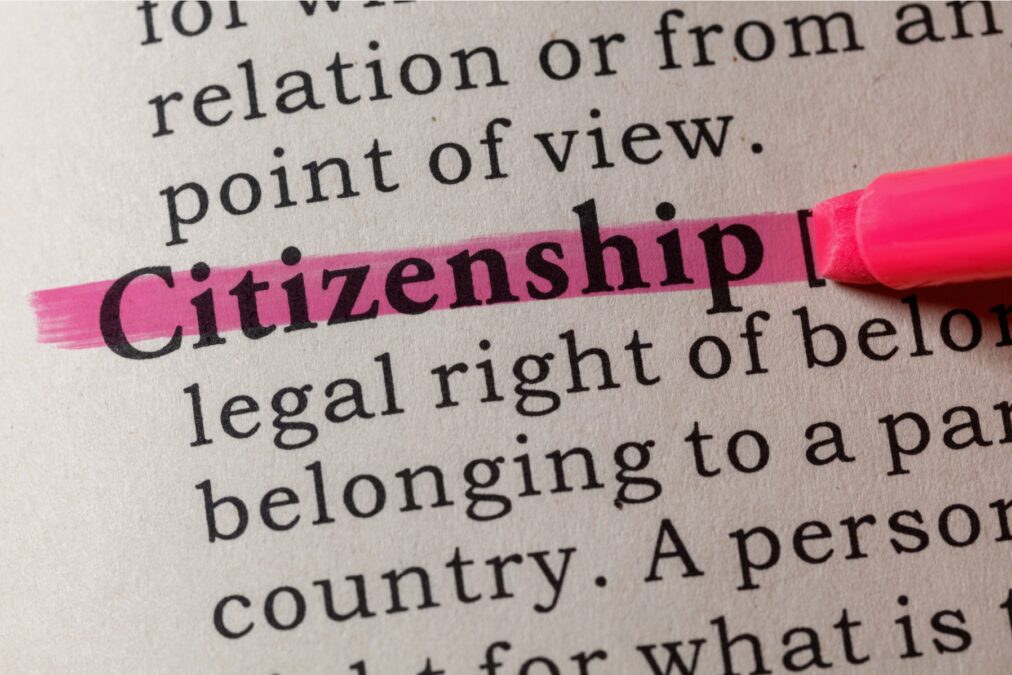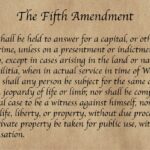By Douglas V. Gibbs
Being an American Citizen is a special thing. As a citizen of the United States one enjoys all of the privileges and immunities that are linked with citizenship (Article IV., Section 2; U.S. Constitution). If one is not a citizen of the United States, then that person would not fall under the full jurisdiction of the United States; in other words, there are some benefits, rights and advantages one might not have access to while in the country. Non-citizens in the United States, or any country, carries the reality that as a guest certain limitations and conditions apply.
The word “citizen” in the English language comes from Middle English, meaning “inhabitant of a city or town.” The Anglo-French word, citezein, means “city-dweller.” The Latin Root comes from the word civitatem (cititas), which is defined as “citizenship,” or “community of citizens,” which itself comes from civis, meaning “township” or “citizen.”
The concept of citizenship also emerged during the era of Ancient Greece. Their term, polítēs, meaning “city” or “city-state,” served as the basis for referring to someone who belonged to a polis and had the rights and responsibilities of civic life. The term did not mean residency, but was reserved to those who belonged to the community and practiced active participation in the political, legal, and military life of the city-state. In other words, with citizenship came responsibility.
The understanding of what being a citizen means in Western Europe evolved over time, capturing some of the significance of being a citizen as seen by the Ancient Greeks. By the late 14th century the definition expanded to mean a freeman or permanent inhabitant of a country, distinguishing citizens from foreigners and aliens as well as citizens from slaves and subjects. The term “citizenship” as it is spelled today was first recorded in the 1610s, referring to the status and responsibilities of a citizen.
In the Old World the common man was a subject – bound by allegiance to a monarch with little to no political agency. The Founding Fathers recognized the dangers of such a model of government and rejected it outright. They envisioned a republic where citizens were not subjects of the government, but masters of it.
A subject was subject to the demands of a monarchy, but in the United States the government became subject to the demands of the people through consent of the governed, representation, and other direct and indirect influences by We the People.
The shift was revolutionary, and seen by European elites as doomed to fail. Citizenship in America was not merely a legal status – but in line with ancient governments. Citizenship became a moral and political identity, rooted in allegiance, responsibility, and sovereignty.
Citizenship was important, but even more important was allegiance to the country as a citizen. The Founders were deeply concerned about divided loyalties, especially when one considered that some colonists, labeled as Tories and Loyalists, took arms against the Patriots with the British during the American Revolution. Therefore, to protect against divided loyalties, the Founding Fathers established a policy of allegiance with all kinds of citizenship:
- The Naturalization Act of 1790 required immigrants to renounce allegiances and affirm loyalty to the U.S. Constitution – a policy that is still in place today when it comes to naturalization.
- The Constitution mandates that the President and the Vice President be “Natural Born Citizens,” ensuring undivided allegiance at the highest levels of power.
- Members of Congress must be citizens for a set number of years, reflecting the need for assimilation and loyalty.
The understanding that divided loyalties are dangerous, and citizenship carries with it a need for loyalty, responsibility, and attention to civic duties continued during the discussions about citizenship after the War Between the States when it come to the debates that sought ensuring the newly emancipated slaves enjoyed American Citizenship, and that the language used continued the tradition of guarding against divided loyalties. The Civil Rights Act of 1866 declared: “All persons born in the United States and not subject to any foreign power…are citizens.”
The language in that document was deliberate. Senator Lyman Trumbull explained that the language exempting citizenship to certain groups unless they participated in the protocols and procedures for citizenship included the children of foreigners and aliens, tribal members, and foreign diplomats, ambassadors or other foreign government consuls and ministers.
The language of the Civil Rights Act was carried into the language of the Citizenship Clause of the Fourteenth Amendment: “All persons born or naturalized in the United States, and subject to the jurisdiction thereof…”
In 1866, during congressional testimony regarding the Citizenship Clause, Senator Jacob Howard clarified that “subject to the jurisdiction” meant full allegiance – not mere physical presence. This was not a blanket endorsement of birthright citizenship as some might argue, but a constitutional affirmation of allegiance-based citizenship.
To the Founding Fathers, citizenship was a covenant – a mutual bond between the individual and the republic. It required:
- Allegiance to the Constitution
- Participation in civic life
- Defense of liberty against tyranny
Benjamin Franklin famously warned: “A republic, if you can keep it.”
Citizenship was not just a privilege – it was a responsibility. And that responsibility demanded undivided loyalty.
Black’s Law Dictionary defines citizen as: “One who, under the Constitution and laws of the United States, or of a particular state, is a member of the political community, owing allegiance and being entitled to the enjoyment of full rights.”
The definition emphasizes two key elements:
- Allegiance: A citizen owes loyalty to the governing authority.
- Rights: A citizen is entitled to full access of their natural rights within that political community.
Citizenship is not just about residency, or where one was born – it’s about political membership and undivided allegiance. It’s a reciprocal relationship: the citizen supports the republic, and the republic secures the citizen’s rights.
I bring up Black’s Law Dictionary because in the chat room of a program I co-hosted a couple Sundays ago, For the Republic on Patriots’ Soapbox, someone put “citizen = subject/slave”. When I asked what they meant, they told me to read Black’s Law Dictionary. Those who challenge the term citizenship (typically folks that support the national sovereignty concept) has told me often that the definition in that resource says that a citizen is someone “subject to the laws” of the country they are a citizen of – which makes them a subject.
No.
In fact, that is an idiotic twisting of the context to try to fit their narrative. Being subject to the laws of a country is not the same as being a “subject” in the manner as was the case in the Old World.
Citizenship in the United States is a wonderful thing, so I don’t get the questioning of it – and I especially don’t get how there are those who want to toss the privileges and immunities of citizenship in the direction of illegal aliens, a group who not only bear no allegiance nor plan to take any responsibility toward those benefits of citizenship, but broke American law in the first place just to enter the country – a move that definitely does not respect the laws of this country, does not respect the American System, and could care less about the tradition of American citizenship.
— Political Pistachio Conservative News and Commentary



